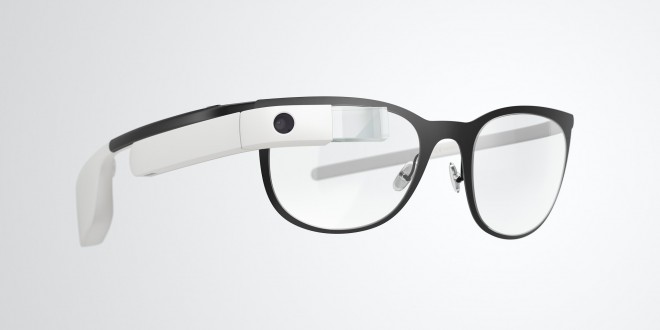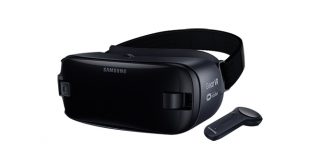With the rise of augmented reality and various virtual reality headsets and goggles, Google Glass seems to have vanished from the spotlight. It’s not because people don’t like Google Glass – well, maybe a little but – but because support for the virtual reality device is declining. Many developers who had previously announced that they would be making apps specifically for Google Glass have backed out of their deals, denoting an imminent decline in interest towards Google’s ingenious invention.
While Google Glass has been struggling to keep afloat, with various updates being released in the past few months and different new apps launching for the wearable, it seems that other, better and more comfortable ideas are taking hold of developers and tech enthusiasts as well. If you ask me, I see it as a natural development, since Google Glass seems to have been aimed at the wrong crowd. When Google launched Google Glass, the company thought that it would be the go-to device for everyone who didn’t want to haul a smartphone around, in the end. But its hefty $1500 price and scarce availability, as well as the limited support it was receiving made Google Glass not as accessible as the company would have liked it to.
That doesn’t mean that Google Glass will actually fade into oblivion completely, though. It just means that if Google chooses wisely, it will redesign the wearable for different niches. Much like Dubai cops got Google Glass for surveillance and communication purposes, Google could market its wearable to industries and workplaces which would actually benefit from augmented reality software and applications. Google Glass would also act as safety device in many industries where the use of mobile phones is necessary, but very dangerous. Much like smartwatches, Google Glass could allow workers in hazardous conditions get in touch with each other or the authorities without having to jeopardize their safety.
That being said, the commercial and public fame of Google Glass might not become reality. More than half the developers who had promised apps for the wearable announced that they had already backed out of the deal. Developers say that the hardware and software of Google Glass is very limited and doesn’t leave room for many tweaks they would have liked to add. At the same time, developers don’t see profit in creating for Google Glass because of low consumer interest. Still, Google Glass has around 100 apps available. Even so, Twitter was among those who backed out of Google Glass support. Even if support and interest is dwindling, Google and co. have reassured us that Glass is in no way abandoned, nor will it fade into oblivion. Rumors say we might even see a commercial launch next year. What do you think about Google Glass? Would you buy it if it were cheaper?
 Load the Game Video Games, Reviews, Game News, Game Reviews & Game Video Trailers
Load the Game Video Games, Reviews, Game News, Game Reviews & Game Video Trailers



